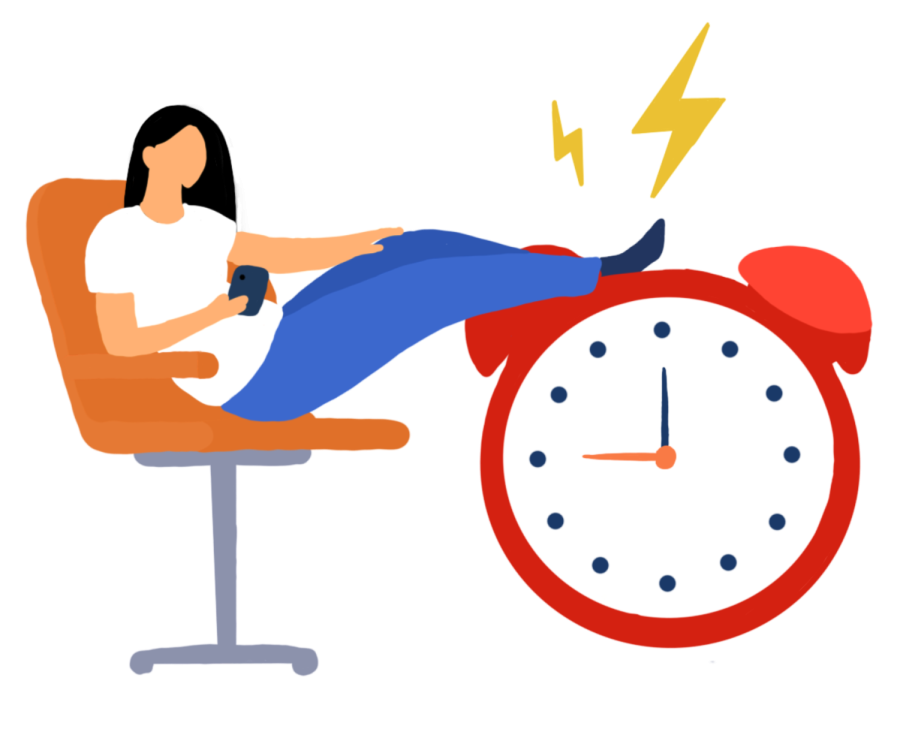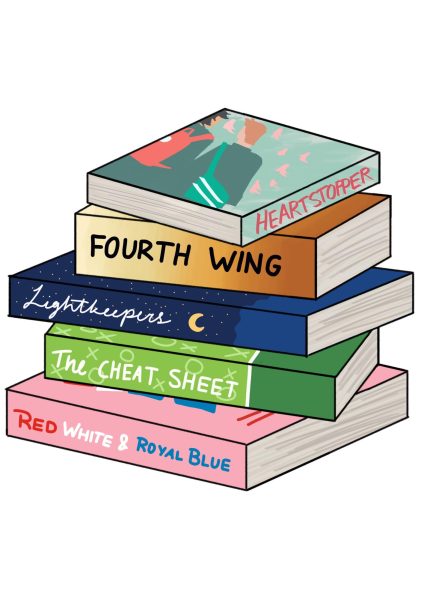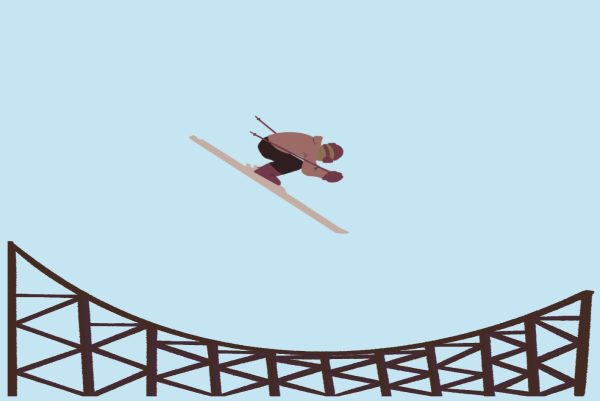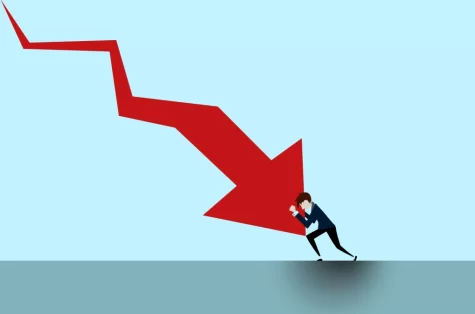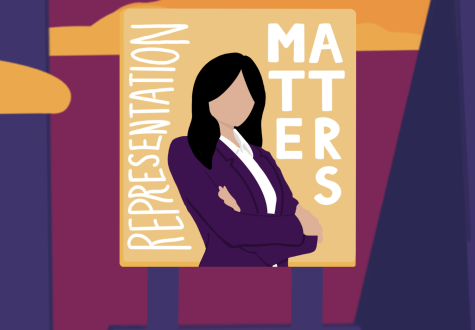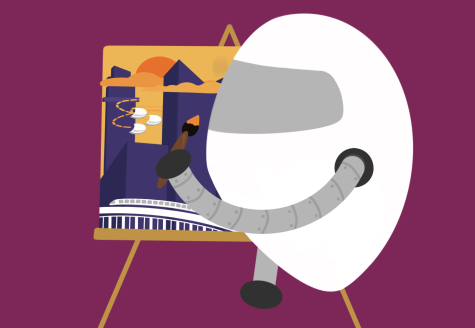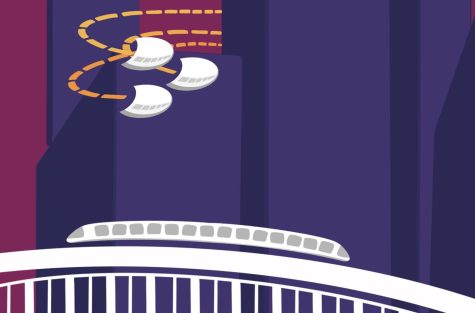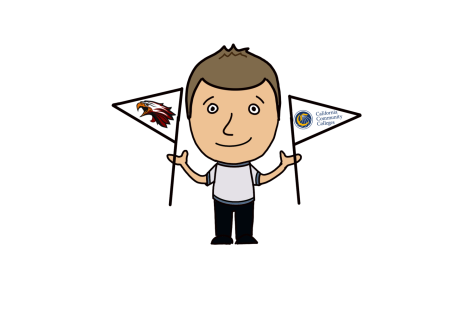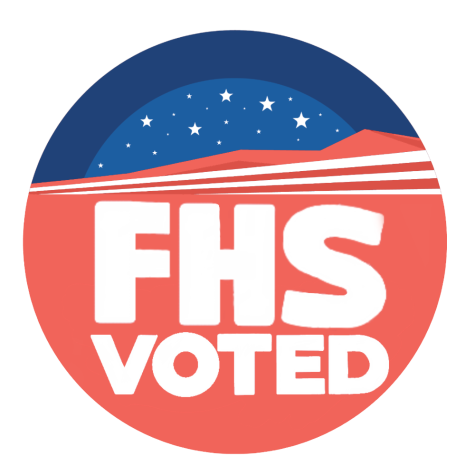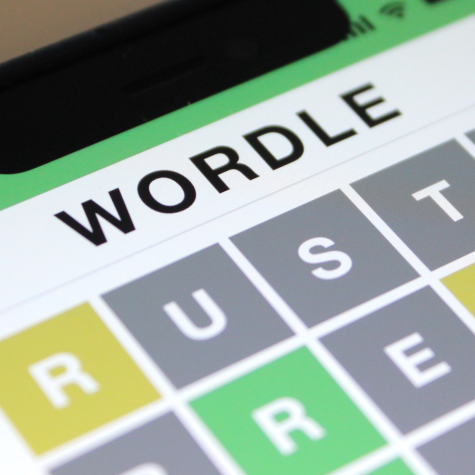Putting the “pro” in procrastination from a pro
If you were to ask me, I would say there is a fine line between utilizing my time efficiently and procrastinating. It seems as each day passes this line gets finer. As I write this minutes before the deadline, it becomes apparent: I have a procrastination problem. Let’s talk about it.
I am not saying procrastination is an ideal strategy for any situation. It is important to manage your time well and not leave work for the last minute, with not just school but with anything in life.
There is an assumption that procrastination is a result of laziness and a lack of willpower. But, as a professional, I can say that these stereotypes are not always true.
“Procrastination is an emotion regulation problem, not a time management problem,” according to Psychology Professor Dr. Tim Pychyl at Carleton University. There are even claims that procrastination is an adaptive behavior, meaning it is more helpful than harmful.
Procrastinating, by definition, is essentially utilizing your time to the fullest. With this time you are allowed to sit on the problem or task and plan out what you want to do. This allows the brain to gather and process new information and make a decision. Oftentimes, procrastinators are perfectionists, and it is important to them to create work that they are proud of. The additional thinking time opens the door for creativity and coming up with innovative ideas. Under the pressure, I find myself coming up with ideas that I am proud of. Such as my Common App, where I was originally going to write about a boring generic topic. This is okay for some people, but the essay would not have been authentic to who I am.
Some people thrive under pressure and find that it actually works better for them. It helps one get into what is known in psychology as a flow state, which is colloquially known as being in the zone. When in this state of mental clarity, you are able to concentrate on the task at hand, while feeling the pressure of the time constraint. This forces one to work more efficiently in order to meet the approaching deadline. As stated in Parkinson’s law, “work expands so as to fill the time available for its completion.”
Procrastination is not something you should be dependent on. The stress of the time constraint is not the healthiest habit, and it is better to manage your time. Ultimately, the outcomes of not procrastinating are better than the ones of procrastinating. Procrastinate at your own risk!



